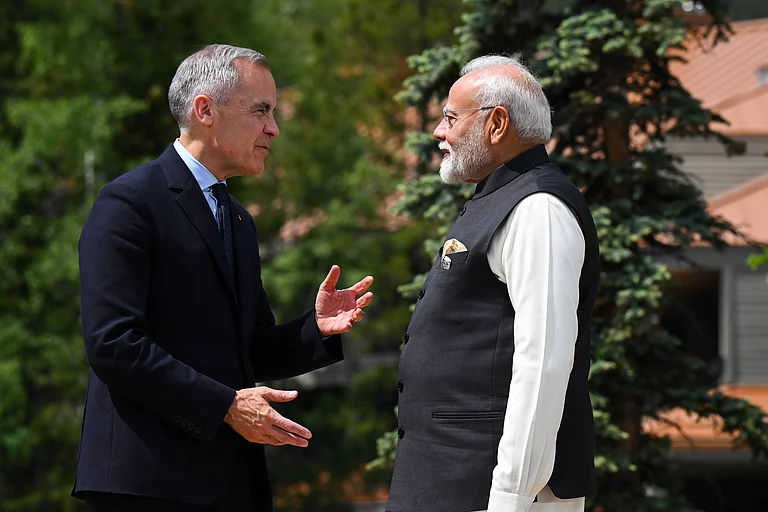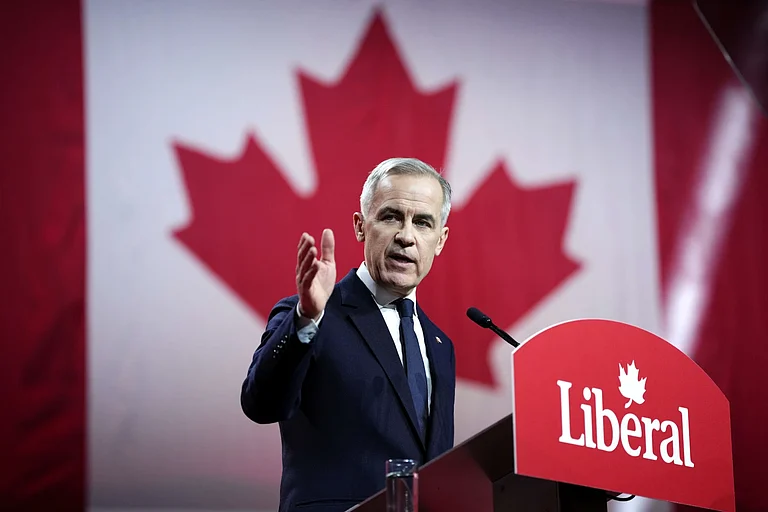External Affairs Minister S Jaishankar stated that India repects and practices freedom of speech but added that the freedom to support separatism and advocate violence is not encouraged.
S Jaishankar during a recent interview alleged that the Canadian government has allowed political space to 'Khalistani separatists' as their vote bank is 'more powerful' than their rule of law.
What Did EAM S Jaishankar Say?
The external affairs minister during an interview with PTI questioned how Canada is allowing people with dubious backgrounds to enter and live in their country as he referred to Khalistani supporters among the Sikh migrants from Punjab.
"In any rule-based society, you would imagine that you would check people's background, how they came, what passports they carried etc," he said.
He then added, "If you have people whose presence there was itself on very dubious documents, what does it say about you? It actually says that your vote-bank actually is more powerful than your rule of law."
"It is not so much a question of running out of options. What we have seen to our regret has been the direction of Canadian politics where separatists, extremists forces, many of whom openly advocate violence have been given political space in that country," Jaishankar said.
"And there are people in positions of prominence today in Canadian politics who actually espouse that kind of separatism and extremism," he said.
S Jaishankar on India-Canada Ties
Jaishankar said India cannot overlook this issue of separatism being encouraged for the sake of good relations.
"Whenever we have taken it up with the Canadians, and it is not a new issue -- it has been going on almost for 10 years; they keep saying, 'oh we have freedom of speech'," he said.
"We also have freedom of speech in our country. But freedom of speech does not mean freedom to threaten foreign diplomats, freedom of speech does not mean the kind of positions and the kind of activities which people in Canada are doing which does harm to our country because of its support for separatism," he said.
"And freedom of speech does not mean this kind of space which is also given to people of various dubious background -- people associated with organised crime and so on," he said.
His remarks came in response to a question on how India plans to deal with challenges emanating from Canada and whether the options for New Delhi are running out.
"We cannot for the sake of good relations overlook that," he said.
The Indian diaspora in Canada is about 1.8 million strong and there are another one million Non Resident Indians residing in the country. The Indian diaspora, mostly of Sikh ethnicity, is considered an influential bloc in Canada's politics.
Ties between India and Canada came under severe strain following Canadian Prime Minister Justin Trudeau's allegations in September last year of the "potential" involvement of Indian agents in the killing of Nijjar.
New Delhi rejected Trudeau's charges as "absurd". India has been maintaining that the main issue has been that of Canada giving space to pro-Khalistani elements operating from Canadian soil with impunity.
Over recent months, India has raised concerns regarding the safety of its diplomats in Canada and urged Ottawa to guarantee their ability to fulfill their duties without apprehension. There have been reports of pro-Khalistani factions issuing threats against Indian diplomats.
Following allegations made by Trudeau last September, India requested Ottawa to reduce its diplomatic representation in order to maintain parity.
Canada withdrew 41 diplomats along with their families from India. India continues to emphasize its primary concern with Canada, which revolves around the accommodation of separatists, terrorists, and anti-India entities within its borders.
Last week, Canadian authorities charged three Indian nationals with the murder of Nijjar. It is reported that they entered Canada on student visas.
On Thursday, India said Canada has not provided any "specific" evidence or information in the case yet.
External Affairs Ministry spokesperson Randhir Jaiswal also said that India continued to remain concerned about the security of its diplomatic representatives in Canada and expect Ottawa to ensure that they are able to carry out their responsibilities without fear.
(With PTI inputs)




























